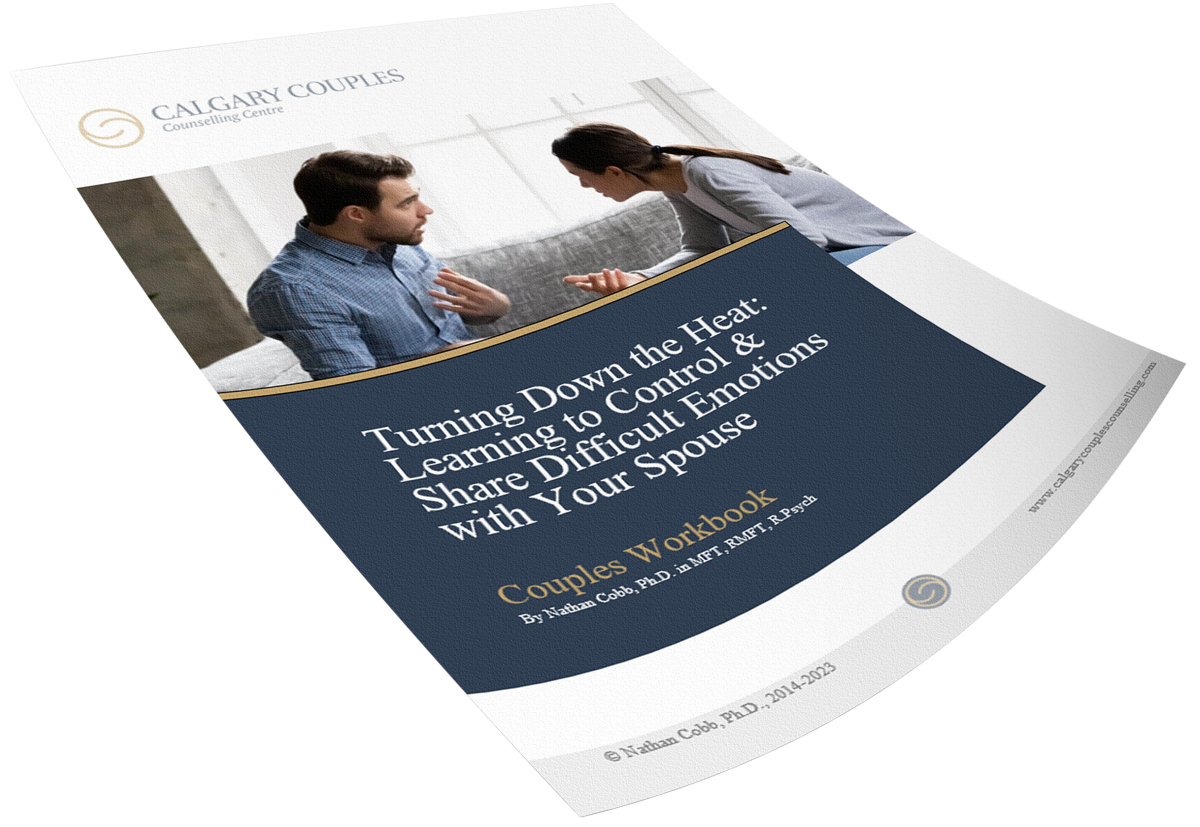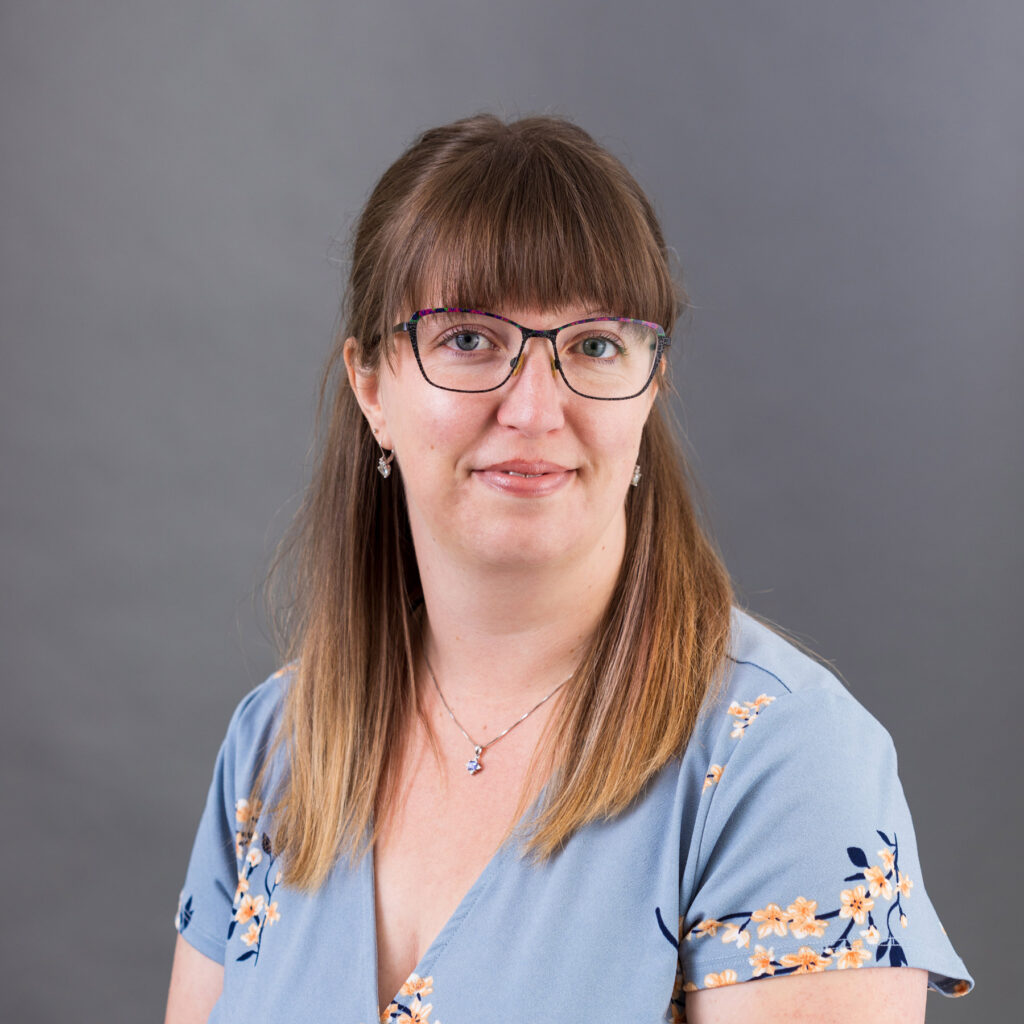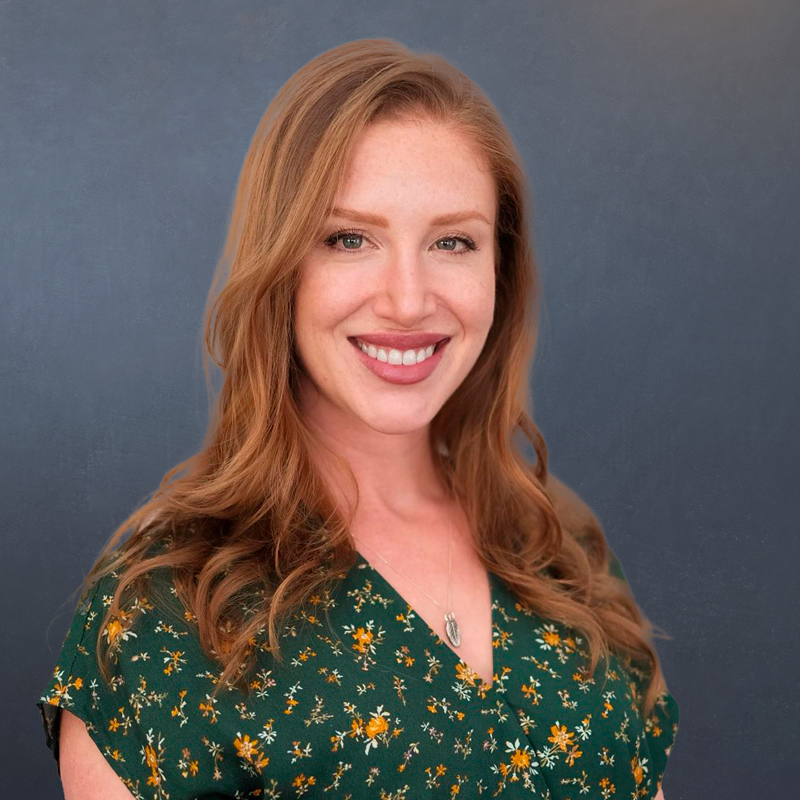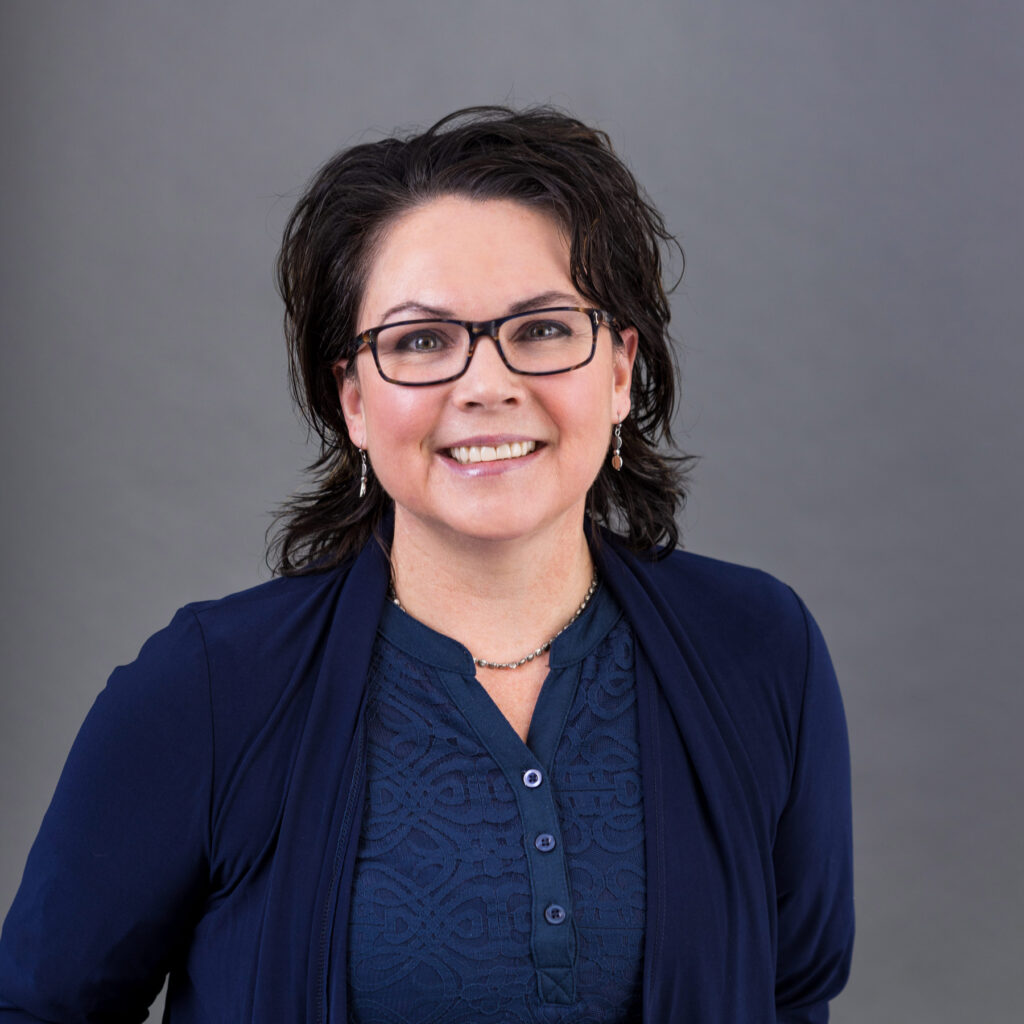Sign up for our 6-week class, designed to help participants learn skills for effectively managing conflict and difficult emotions and to strengthen communication through mutual vulnerability and openness. Our next classes will start Wednesday, May 1, 2024.
Introductions, breaking the ice, goal setting, and learning how the body’s stress response (fight-flight-freeze) sets us up for arguments, why we slip into self-protection mode under stress, and how to regulate our physiology so that we can set the stage for better communication.
This week focuses on seven essential repair skills that couples can use over and over again, both to improve and deepen communication in general, as well as to repair the relationship after an upsetting argument.
In week 3 we delve deeper into common interaction patterns that couples co-create, including attack-attack, press-protest, demand-withdraw and withdraw-withdraw. We explore the underlying emotional attachment needs that fuel these patterns and we provide a path out of the confusion to help partners interrupt their vicious cycles and begin to set new patterns of communication.
Building on the topics of previous weeks, in week 4 we discuss the importance of vulnerability, why it is hard to be vulnerable with our partner, and how being real and authentic with each other benefits the relationship. We discuss how to recognize unhealed “emotional sunburns” that we carry with us and that influence us to be reactive in response to certain triggers. We show you how to talk about these emotional sunburns in a way that feels safe and productive.
The main topic of week 5 is understanding and expressing emotion and seeing emotion as the key to understanding our deep-rooted needs for safety, belonging, significance, and connection that drive much of what fuels couples’ conflict. We discuss how to access soft emotions in communication, which are more likely to invite empathy, compassion, and understanding from one’s partner.
Finally, week 6 is a wrap-up, concluding with tips and strategies for resolving conflicts as they arise. We also discuss findings from Drs. John and Julie Gottman after decades of research with couples about how couples handle conflict and the solutions that predict satisfying, stable relationships.
The content for this class was developed by Dr. Nathan Cobb, who has been a registered psychologist (Ph.D. in MFT) for over 20 years, specializing in couples counselling and marital health. The class is based on his 250-page workbook for couples, entitled “Turning Down the Heat: Learning to Control and Share Difficult Emotions with Your Spouse”.

Based on Dr. Cobb’s extensive experience and education working with couples, this program integrates concepts and principles taught in a number of different approaches to helping couples, including:
In June of 2023, the Calgary Couples Counselling Centre ran a pilot program for this class that included three heterosexual couples.
The average age among all three couples, for both the males and the females, was 49. The average number of years married was 23.
In an effort to assess the impact of the course, all three couples were asked to complete the Emotional Bank Account Checklist (EBAC) before the group began and again at the last session six weeks later.
The EBAC is a 25-item self-report questionnaire developed by Dr. Nathan Cobb, to measure a person’s “emotional bank account balance”. A couple’s “emotional bank account balance” is a metaphor for the degree of trust, fondness, and goodwill each person feels toward their partner. The EBAC assesses the degree of positive feelings the person filling it out has about their relationship and spouse; how much they feel loved, respected, and cared about by their partner; and how “slow to take offense” they are. Scores on the EBAC range from 0 to 100. Higher scores reflect greater relationship health.
Dr. Cobb has used the EBAC for years in concert with a well-validated, reliable self-report measure called the Revised Dyadic Adjustment Scale (RDAS) commonly used in couples research (Busby et al., 1995). Based on a sample of 60 couples (i.e. n=120) seen in Dr. Cobb’s private practice between 2015 and 2020 who completed both the RDAS and the EBAC, the EBAC correlates highly with the RDAS (0.81, p<.01), a finding that supports the EBAC’s construct validity as a global measure of relationship quality. The EBAC’s internal consistency reliability or Cronbach’s Alpha is 0.93, which is very strong. The average EBAC total score in this sample of 120 respondents was 62.5, with standard deviation 21.3. (Males Avg = 67.6, S.Dev. = 20.6; Females Avg = 57.7, Standard Deviation = 21.1).
At Pre-Test, EBAC scores were obtained for all six participants. The average EBAC score at Pre-Test was 59. At Post-Test, six weeks later, at the conclusion of the program, the average EBAC score was 80.5. The average increase between pre-test and post-test was 21.5 points, with 9 being the smallest point increase and 31 being the largest point increase.
A score in the mid- to high 50’s on the EBAC can be interpreted as follows: Moderate Relationship Distress. A score in this range is indicative of a partner who is feeling resentful, unloved or neglected in the relationship and/or has diminished feelings of fondness and affection for their spouse. This partner may be getting impatient more frequently with their spouse’s faults; their tolerance for disappointment and for their spouse’s mistakes is diminishing, and/or this partner may be quicker to assume the worst about their spouse’s thoughts and motives than they have been in the past.
A score in the low- to mid-80’s on the EBAC can be interpreted as follows: Mild to Very Little Relationship Distress. A score in this range is indicative of a partner who generally feels a lot of affection, fondness, and goodwill toward their spouse, tends to be patient with their spouse’s faults much of the time and focuses on much that is good about him or her. For the most part, a partner scoring in this range feels loved, respected and valued by their spouse. Overall, they feel a high degree of positive sentiment toward their spouse and are confident that they can work out problems that exist between them. A partner scoring at the lower end of this range, however, may still be feeling some mild distress about the relationship, in certain areas of the relationship.
It was evident from the participant’s pre- and post-test scores, and from feedback from the participants, that all three couples began the course at a moderate level of distress, typical of couples who seek couples counselling, and completed the course feeling much more positive and optimistic about their relationship. While there was not a complete cessation of distress, there was significant improvement at the conclusion of the six weeks, for at least two of the three couples, and some improvement for the third couple. It should be kept in mind, these findings do not represent a rigorous scientific study, as there were limitations, including a lack of a control group, reliance on a self-report measure, and small sample size. These findings are encouraging, however, as a preliminary study of the program’s effectiveness. It should be noted also, that most participants reported that they spent considerable time between weekly meetings working through the exercises in the workbook with their partner. Merely attending a class like this, without putting in effort in between meetings, is not likely sufficient to produce significant outcomes.
Busby, D.M., Crane, D.R., Larson, J.H., & Christensen, C. (1995). A revision of the Dyadic Adjustment Scale for use with distressed and nondistressed couples: Construction hierarchy and multidimensional scales. Journal of Marital and Family Therapy, 21, 289-308.
If you would like to receive a copy of the Emotional Bank Account Checklist contact the author, Dr. Nathan Cobb, using our “Contact Us” form here.
There are six sessions. Total cost: $960 per couple. Flexible Payment Plans available (i.e. can be paid in weekly installments after each session), but participants are expected to pay for and attend all six sessions. Please be aware that this is not a “pay-as-you-go” program. The full amount will be collected for the program, even if participants are unable to attend all 6 sessions.
Wednesdays, 6PM-8PM, Starting May 1, 2024 and ending June 5, 2024.
Suite 200, 1209 – 59 Ave SE, Calgary, AB, T2H 2P6

150-page Participant’s Guide included in the cost, an abbreviated version of Turning Down the Heat: Learning to Control & Share Difficult Emotions with Your Spouse, a Couples Workbook by Dr. Nathan Cobb, Ph.D. in MFT, RMFT, R.Psych.
This group is 12 hours of psychoeducation. Consider that for twelve hours of one-on-one counselling with a therapist, at the 2023 Psychologists’ Association of Alberta’s recommended hourly fee of $220, you would spend $2640. Compare this to $960, a 64% discount, which includes the cost of two workbooks.
If you are concerned about the cost of couples counselling, and are experiencing moderate relationship distress (we have not yet tested this program with severely distressed couples), sign up for our 6 week Turning Down the Heat: Strengthening Communication Class as a viable, and much less expensive, alternative to traditional couples counselling.
Our next classes will start Wednesday, May 1, 2024.
This class is not therapy, per se. It is psychoeducational. The main difference is that therapy involves working with a client directly to explore their personal experiences in depth and to modify challenging patterns of behavior, thinking and interaction that are specific to an individual or couple. Therapy is applying treatment through a remedial process to restore functioning or health, whereas psychoeducation is about providing education, sharing knowledge, teaching strategies, and increasing self-awareness, with space for group discussion regarding principles and practices taught. With psychoeducation there is usually no delving into a specific person’s history or personal affairs.
If you are concerned about having to reveal or disclose personal experiences in a therapy setting, a psychoeducational group like this one may be a more appealing option for you. It may also be a way of getting your feet wet, or easing into therapy, if therapy is needed, down the road.




© 2024 Calgary Couples Counselling Centre Inc. | Web by KP Design | COVID Policies | PRIVACY POLICY